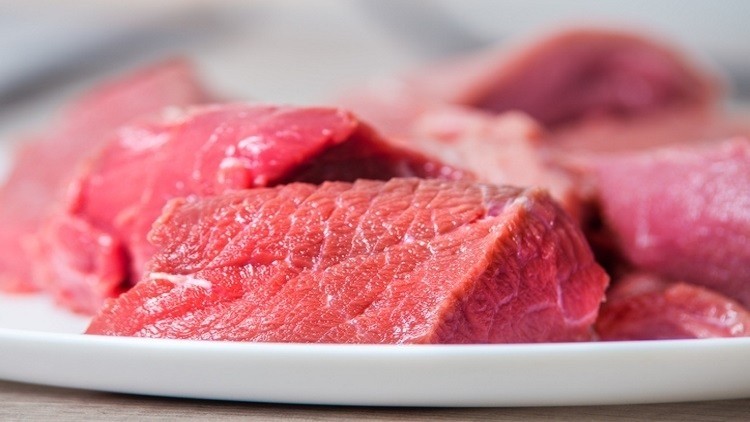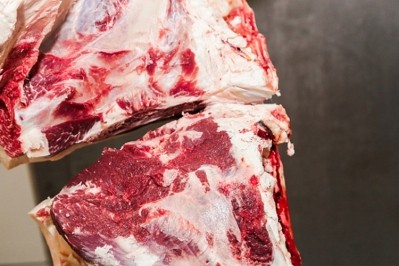Meat tax ‘a sledgehammer to break a nut’

Dr Carrie Ruxton, member of Hybu Cig Cymru - Meat Promotion Wales’ meat advisory panel said that the tax, proposed in a research document by scientists at the University of Oxford, was ill advised and potentially ignored the main health benefits of eating meat.
“Red meat provides valuable nutrients, such as iron, zinc, vitamin D and B vitamins. These are often in short supply in the diets of young children, teenage girls and women, especially those from lower-income households,” said Ruxton.
“A tax on red meat would be a retrograde step, both for overall diet quality in women and girls and for health inequalities.”
Ruxton argued that there was no high-quality evidence linking red and processed meat with heart disease, stroke or diabetes and a risk of bowel cancer only applied when weekly intakes exceeded 700g.
‘Sledgehammer to crack a nut’
She added: “As few people in the UK are at this level of consumption, a general meat tax would be like using a sledgehammer to crack a nut.
“Chronic disease prevention would be far more effective if it focused on smoking, excess drinking, and body weight rather than a single food source like meat, which brings many nutritional benefits.”
The report, published in the medical journal PLOS One, claimed that a general meat tax could prevent more than 220,000 deaths and save over $40bn (£30.4bn) in healthcare costs globally every year.
Leader of the study Dr Marco Springmann from the Nuffield Department of Population Health at University of Oxford, said: “The consumption of red and processed meat exceeds recommended levels in most high- and middle-income countries.
“This is having significant impacts, not only on personal health, but also on healthcare systems, which are taxpayer-funded in many countries, and on the economy, which is losing its labour force due to ill health and care for family members who fall ill.”
Make healthier choices.
The report suggested that, much like a tax on other products that harm health, a tax on red and processed meat would encourage consumers to make healthier choices.
It suggested that if such a tax were introduced, consumption of processed meat would decline by about two portions per week in high-income countries and by 16% globally, while unprocessed red meat consumption would remain steady – this was due to consumers substituting it for processed meat.
“I hope that governments will consider introducing a health levy on red and processed meat as part of a range of measures to make healthy and sustainable decision-making easier for consumers,” added Springmann.
“A health levy on red and processed meat would not limit choices, but send a powerful signal to consumers and take pressure off our healthcare systems.”















